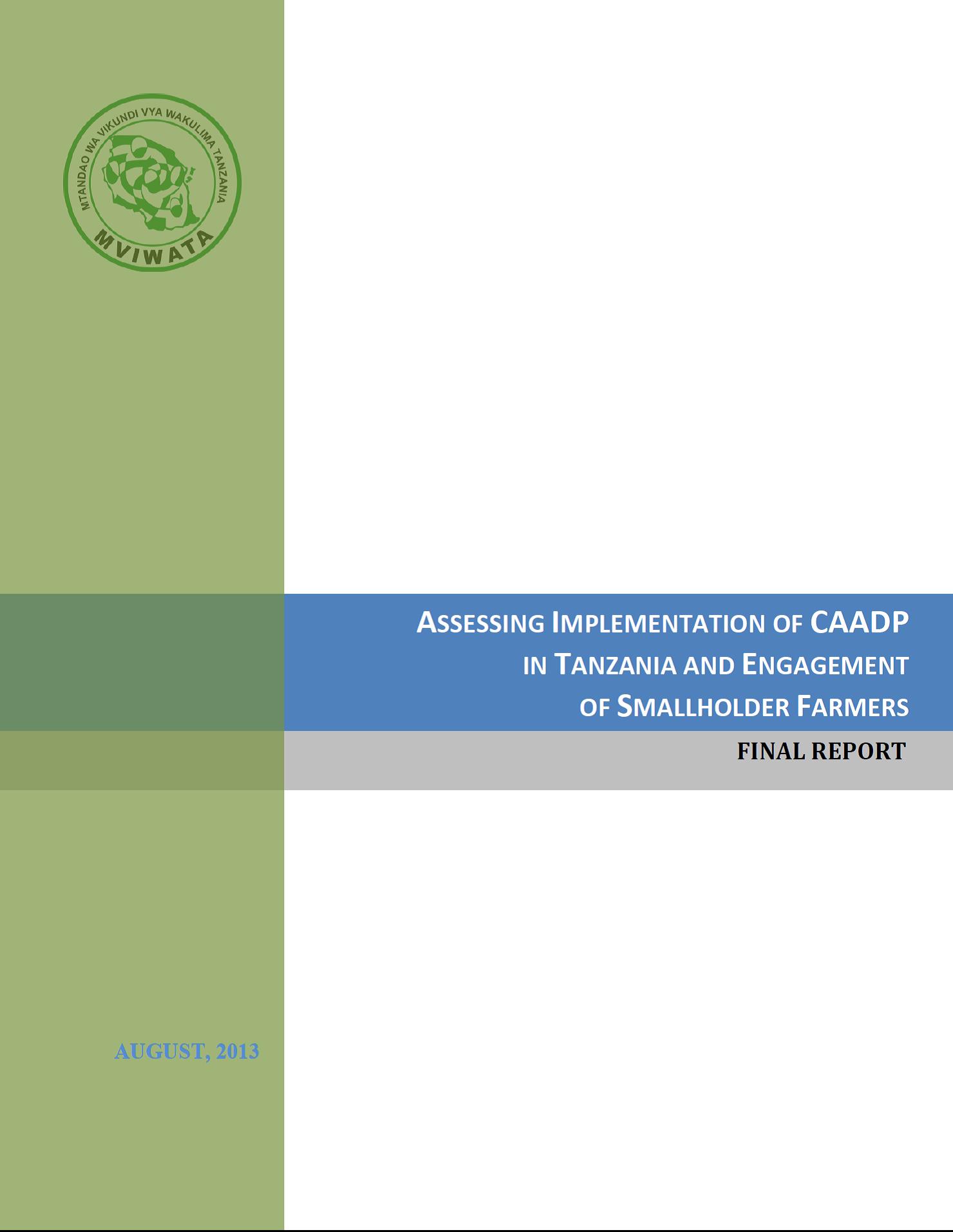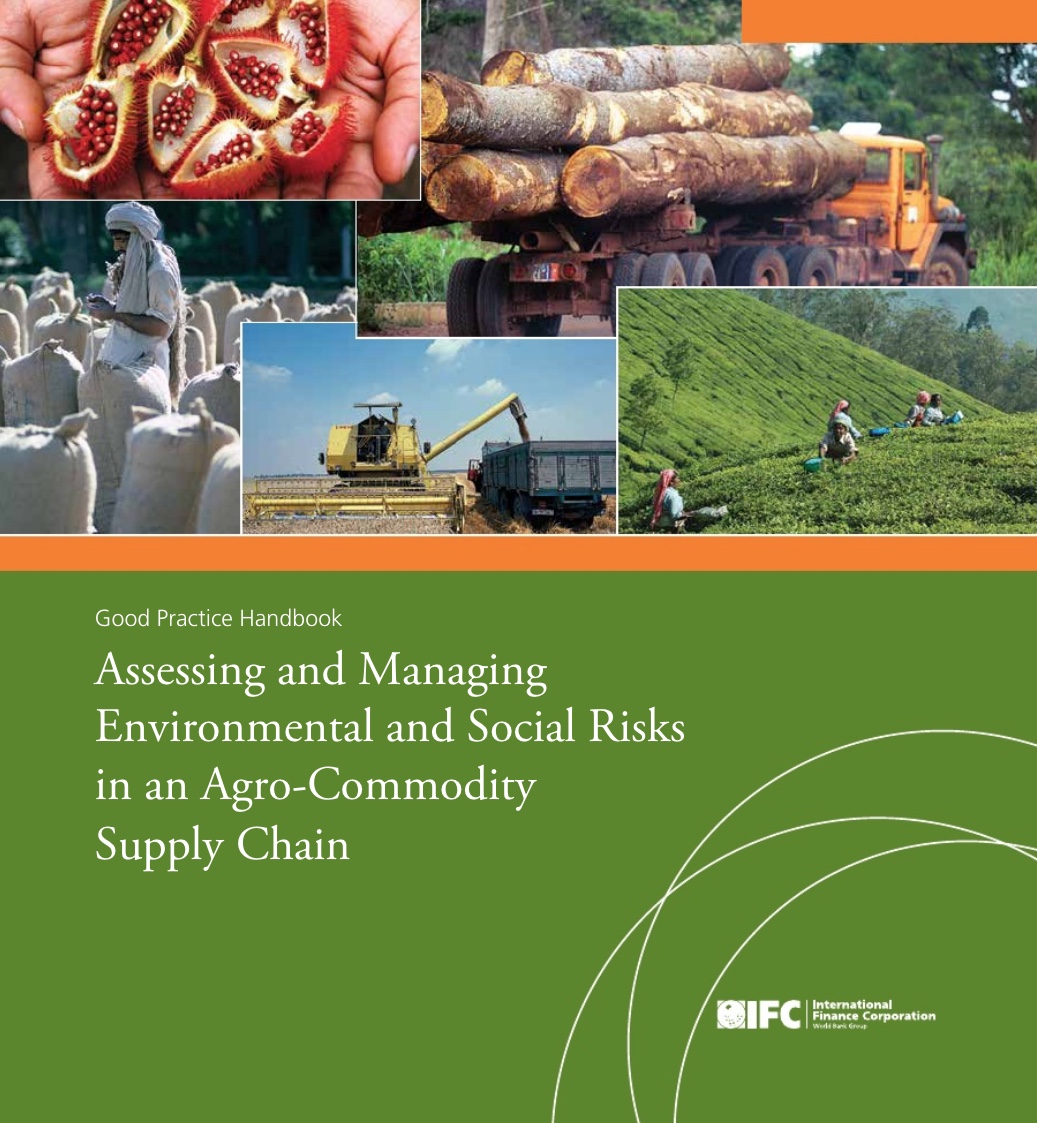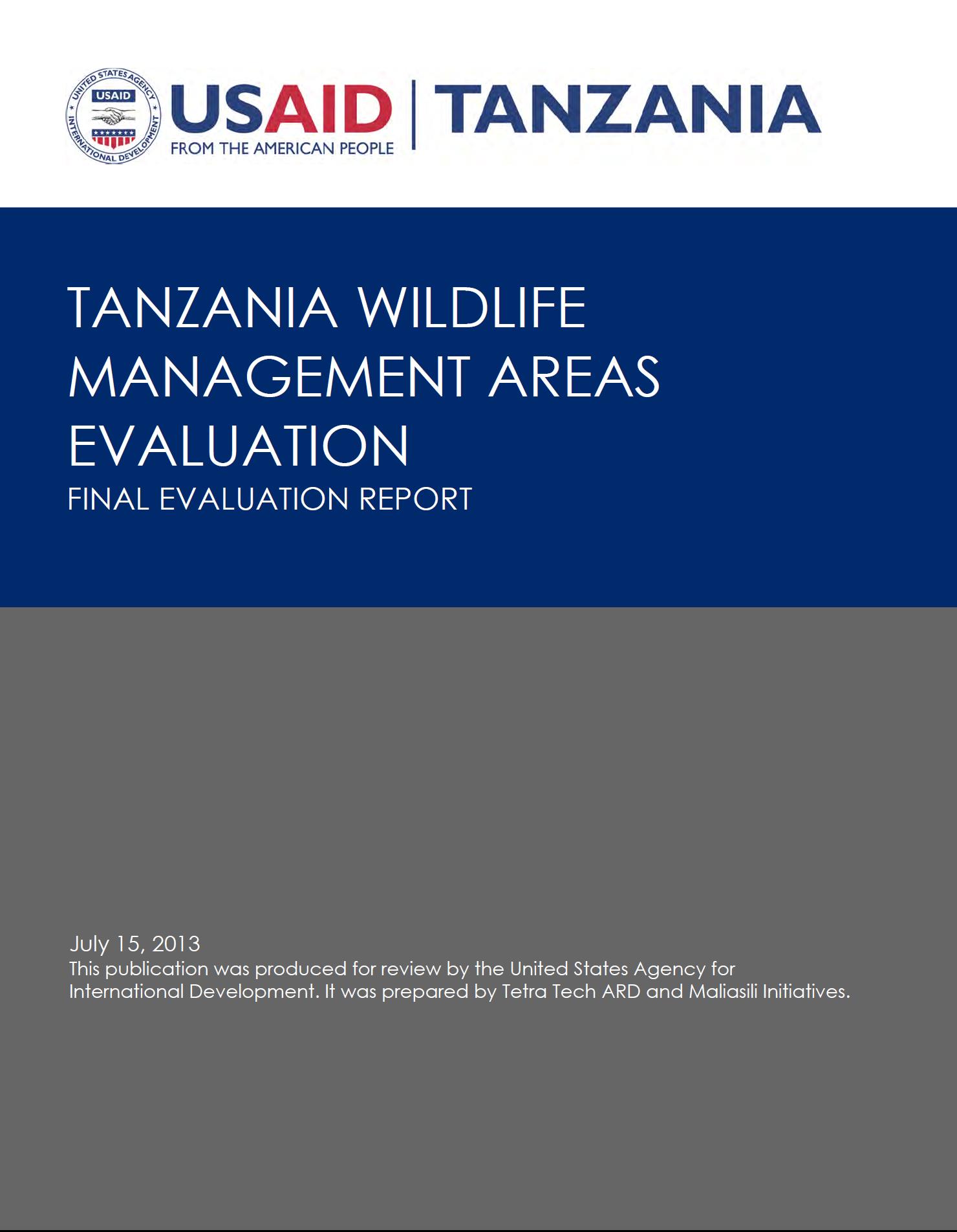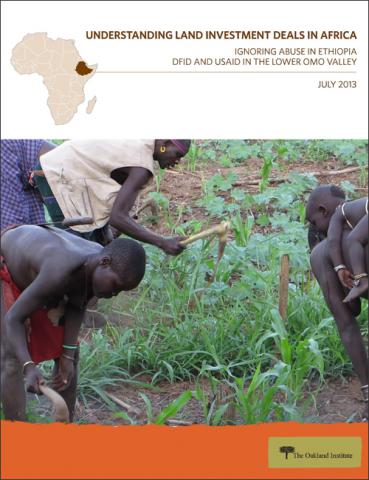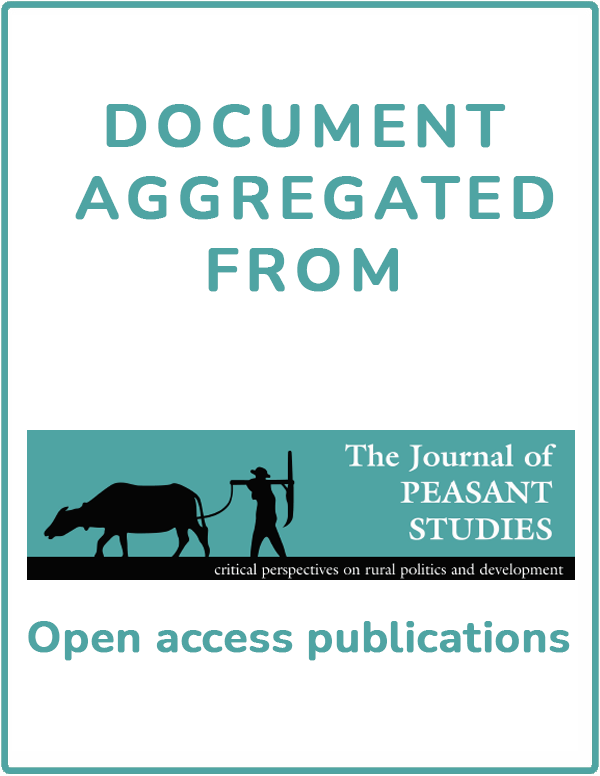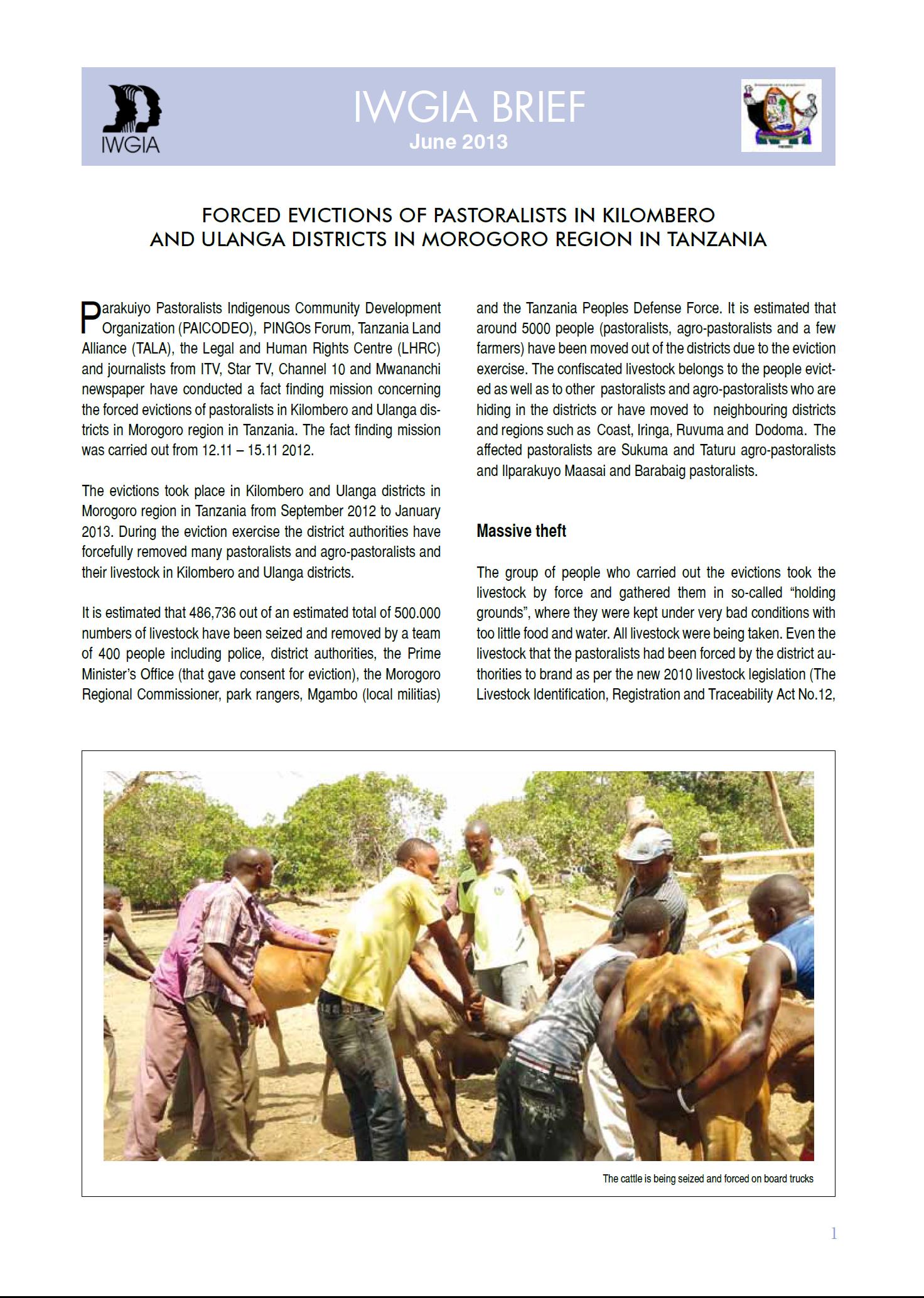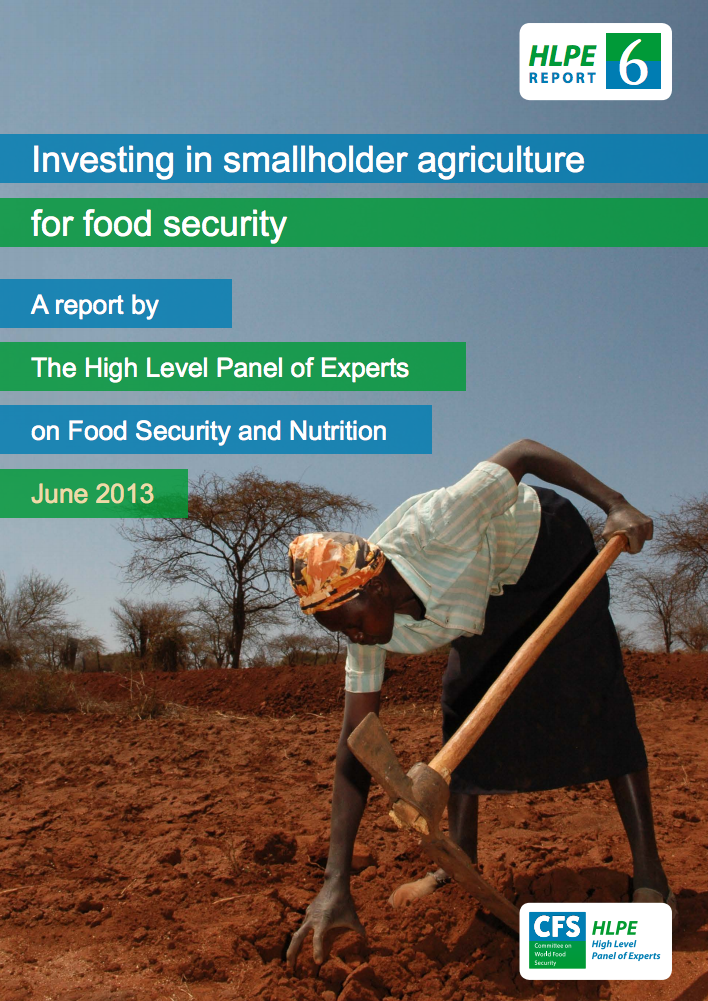‘Land grabbing’: is conservation part of the problem or the solution?
Large-scale land acquisitions are increasing in pace and scale, in particular across parts of Africa, Asia and Latin America. Weak governance and poor land use planning mean that commercial ‘land grabs’ often damage biodiversity as well as dispossessing people from customary rights and livelihoods. Land can also be ‘grabbed’ for ‘green’ purposes, triggering conflicts that undermine potential synergies. Expanded state protected areas, land for carbon offset markets and REDD, and for private conservation projects all potentially conflict with community rights.



